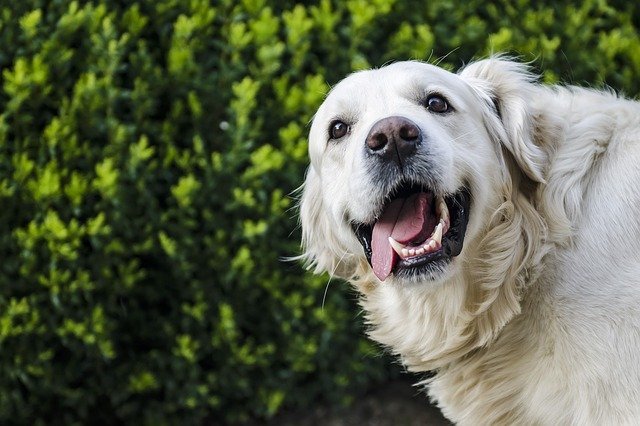
Does My Pet Really Need Dental Care?
Many pet owners wonder why their animals might need dental care. Our veterinarians have answered the most common questions pet owners have about dental work for pets.
1. Why does my pet need dental work?
It is a common misconception that a dog’s mouth is cleaner then a human’s mouth. Dental disease is one of the most common diseases we see in our household pets.
Without dental hygiene the vast majority of dogs and cats will start to show signs of periodontal disease about middle age (2-5yrs). This begins with dental tartar, which starts adhering to the enamel of the pet’s teeth. This can progress to infection and inflammation of the gums called gingivitis. Gingivitis can then give way to periodontal disease which causes varying degrees of bone loss, gingival recession (exposure in the roots of teeth caused by loss of gum tissue), and can lead to tooth root abscesses (pockets of pus). This means a painful mouth for your pet.
2. What does a dental cleaning involve?
The dental procedure begins with a pre-anesthetic examination of your pet to ensure they are healthy. Pre-operative pain medication and sedatives are then administered before prepping them for anesthesia.
Once sedated an IV catheter is placed in order to start IV fluids and to have an easy access port for IV emergency medications if needed. Your pet is then induced under anesthesia, intubated, and connected to monitoring equipment.
To begin the procedure your pet’s mouth is first explored and charted with periodontal probing and dental radiographs. After charting we use an ultrasonic scaler to remove all tartar from each tooth followed by a polishing. Depending on the severity of your pet’s dental disease we may also surgically remove teeth, or give local pain blocks.
Following anesthesia your pet is kept with us for 3-5 additional hours for post anesthetic monitoring. We will call as soon as the procedure is finished to let you know how everything went.
At the time of pick up a technician will spend time with you to go over at home care, medications, and help schedule you with our client service representative for any follow up care.
3. Is this safe for my pet?
We understand that putting your pet under general anesthesia can be scary. It is important to remember though that over the last thirty years there have been great improvements in anesthesiology, which has reduced the overall risk for both people and animals alike.
We take every precaution to ensure that your pet is a good candidate for anesthesia. This includes a full physical examination of body systems and pre-operative blood work to screen for any metabolic abnormalities that could complicate the procedure.
The multimodal anesthetic protocols we make are tailored to your individual pet’s health. Multimodal means that we use multiple different anesthetic drugs in order to achieve a safe plane of anesthesia for your pet while being able to reduce the dose and side effects from each individual drug used.
While under anesthesia both the Doctor and technician are watching your pet very closely. This includes specialized equipment to monitor their heart, blood pressure, and oxygenation level.
4. Why is the cost is so high?
Dental work does not come cheap for us or our pets. Many of us are lucky enough to have dental insurance, which helps us cope with the cost of our own visits to the dentist. Unfortunately most of us do not have insurance for our animals leaving us to pay out of pocket for their dental work.
In addition to expensive equipment and drugs, dental work is also time consuming. Our procedures can range between 30 minutes for a routine cleaning, to 1 – 2+ hours for a major dentistry.
Please feel free to ask about applying for Care Credit if you need financial assistance. This is a medical credit card that can be used to cover veterinary expenses. Contact us to learn more!
Essex Middle River Veterinary Center provides medical and surgical care for cats and dogs at our animal hospital and veterinary clinic in Essex, Maryland, just outside of Baltimore. Our services include preventive wellness care exams, vaccines, spays/neuters, and a variety of specialized care. Our state-of-the-art veterinary offices are conveniently located near I-695 where we see pets from Towson, Honeygo, White Marsh, and other neighboring Baltimore areas.
